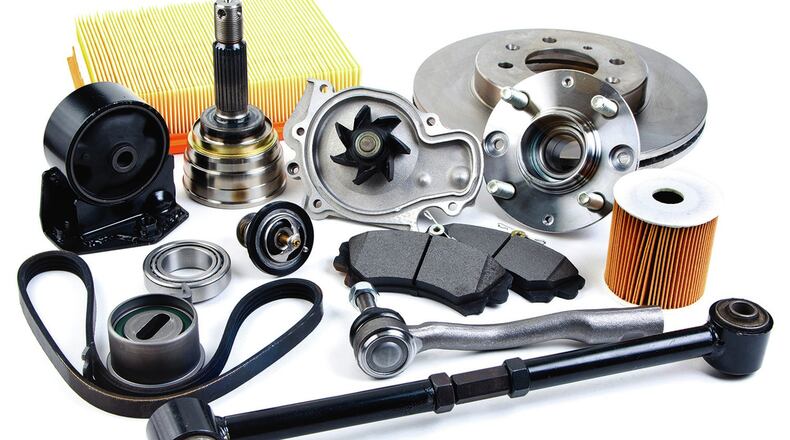Eventually, though, your engine might need more than a computer-assisted adjustment. If you want to avoid that scenario, Heliotis says your regularly scheduled maintenance should cover more than changing the oil and rotating the tires.
“Most people wait too late to take care of problems that would have been fixed if they did some regular maintenance,” Heliotis says. Here are a few of his recommendations:
• Transmission service: Heliotis says changing your car's transmission fluid is one of the most important boxes to check of your maintenance list. "I recommend 50,000 miles," he says.
Heliotis says it’s important to ask your mechanic how he or she defines a radiator flush. “Some places will filter out the existing transmission fluid,” he says. “You want to pull the pan down, get all the heavy stuff out, put in a new filter and then add new transmission fluid.”
Heliotis says it’s especially important to change the transmission fluid if you put a lot of wear and tear on your vehicle.
“People come in and say they’re transmission is slipping and they sometimes think if we change the transmission fluid, they’ll be fine, but if you start hearing noises, it might be too late for a minor fix,” he says.
Still, some customers tell him that they don’t want to have their transmission fluid changed as part of their car’s regular maintenance schedule because they talked to a friend or relative who had the procedure done, and ended up having problems afterward. “I tell them those friends had the problems before, not after. But people believe what they want to believe.”
• Radiator flush: Heliotis recommends changing your vehicle's coolant every other year or every 30,000 miles. "If you don't change it, it clogs up the radiator and the heating core, and it builds up a lot of acidity on the inside, which would damage the seals," says Heliotis.
• Belts: While a quick inspection can reveal whether or not you should replace certain belts, Heliotis says most cars today have serpentine belts that don't need to be replaced as often as belts in the past. "You or your mechanic can give your belts an inspection to see if there are tears or bumps."
• Fuel additives: Heliotis says instead of occasionally adding a small bottle of a fuel-injection cleaner into their gas tank, car owners should take their vehicles to a mechanic once a year for a fuel-injector cleaning. "Some people are adding something to their gas tank every week," he says. "If you add it up, that costs more than the cleaning."
About the Author
